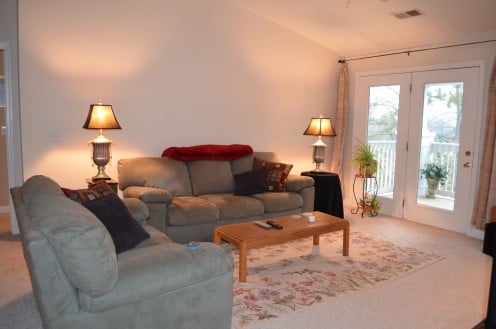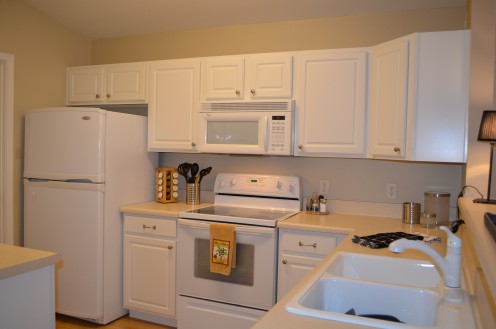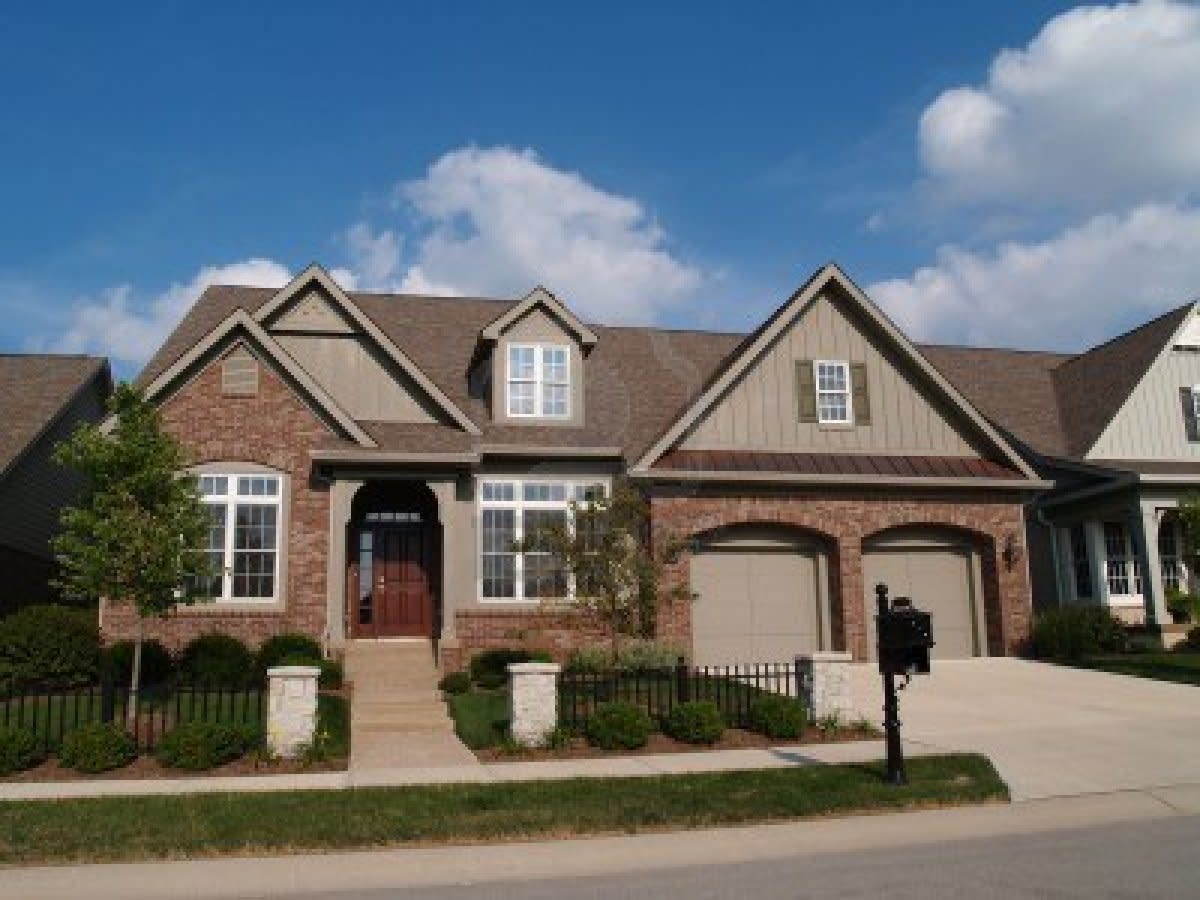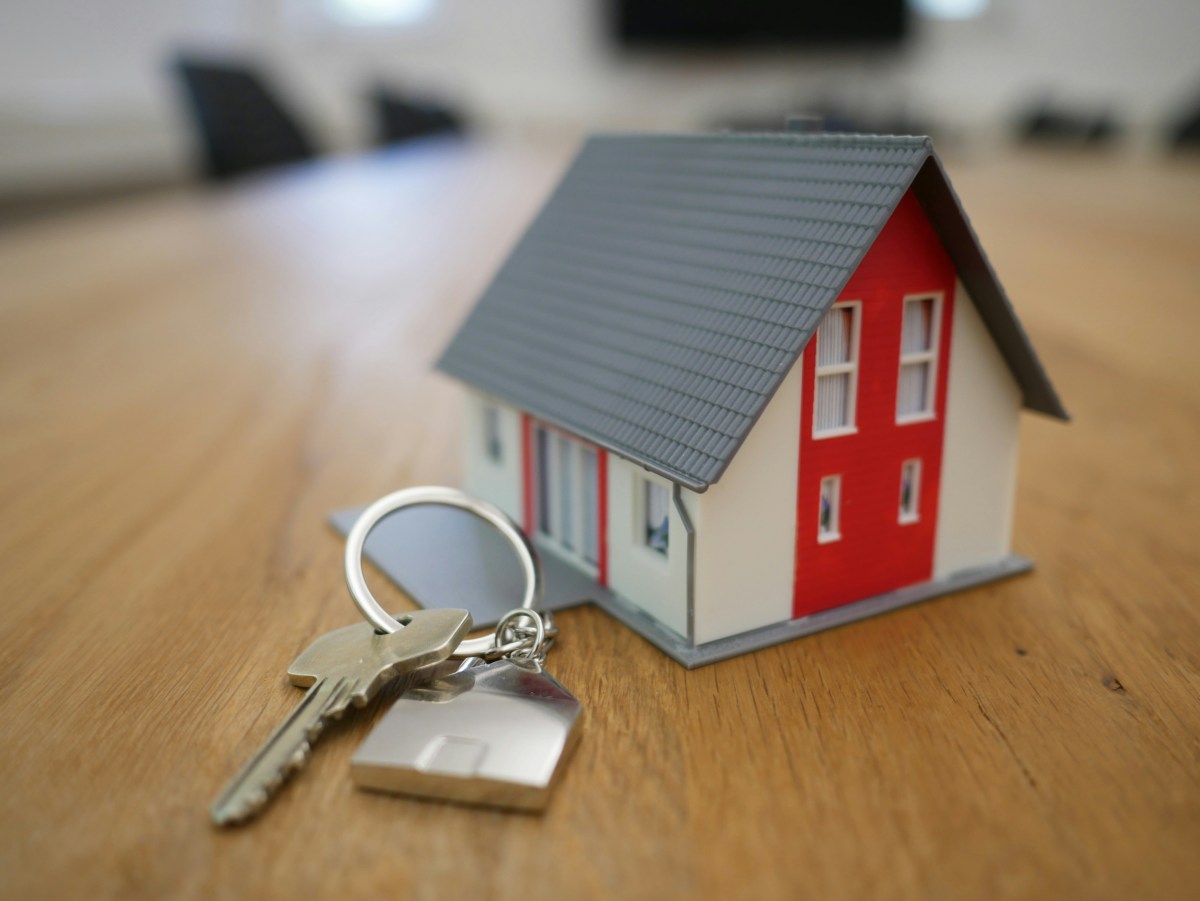First Time Homebuyers From the School of Hard Knocks

Do You Like to Write and Share Articles? Write for Hubpages and earn money! Signup is free.
- HubPages
HubPages is your online space to share your advice, reviews, useful tips, opinions and insights with hundreds of other authors. HubPages is completely free, and you can even earn online ad revenue!
Are You a Homeowner?
Do's and Dont's When Buying Your First Home
From The School of Hard Knocks From Someone Who Has Been There
Now is a great time to be a Buyer. If you are a First Time Buyer here are a few tips to think about that your mortgage broker may or may not tell you.
In the past it was very common to be told that your gross income was the dollar figure used to determine how much mortgage you could afford. In reality, your gross income includes money you don’t even see every month – payroll taxes, healthcare deductions, 401K deductions. So it is not a good idea to be qualified on money you do not even see or have. The best way to determine how much your monthly payment should be is based on your NET income. You must include utilities, real estate taxes, principle, interest, homeowners insurance, and any HOA fees if applicable, and put aside some cash every month for maintenance and upkeep.
You don’t want to be cash poor every month because of a mortgage/house payment equaling 50% of your take home pay. It is common even now that a mortgage broker will take your gross income and figure 30% and say you can afford it. If you are paying 30% of your NET income you will more likely be able to afford it. Compare the numbers based on 30% of your gross salary versus 30% your NET salary. Include all of the monthly recurring, real-life expenses mentioned above and see if there is a big difference, and which one you can live on. In many of the larger cities where employment prospects are better, the cost of housing is much higher and 30% of your NET income may not be realistic. In that case a larger down payment may be necessary to obtain a smaller mortgage.
When buying your first residence, make sure it is a place you think you will love to come home to. Buying your primary residence, fixing it up the way you like it, and turning around and selling it for a profit is not a good idea at this time (what they call “flipping”). This is the mistake I made in the past and due to past experience I am of the opinion that there is a special place in Hell for 90% of the Realtors out there.
Make sure it is a place you know you will want to stay in for at least 5-10 years, if not longer. Real estate is not an investment at this time – it is a home, and a roof over your head. If you get a fixed-rate mortgage, you will know every month what your monthly payment will be and that makes it easier to budget. With a fixed-rate mortgage, the only changes that may occur in your monthly payment are the real estate taxes, insurance, and, if any, HOA fee. Real estate taxes are determined by your local county where you reside.

Other Interesting Resources to Consider
- roommate search service, roommate finder, roommates wanted.
Roomster - roommate search service and roommate finder. Find affordable rooms and friendly roommates. We match roommates based on personality, not just rent and location.
Maintenance and Upkeep - No More Calling the Landlord
If you are a DIYer, you can save a lot of money on repairs and maintenance. Youtube has many DIY videos you can watch to learn how to fix things yourself and save a lot of money.
If you are not a DIYer and don’t know anyone who is, it may be wise in the beginning to invest in a website called Angie’s List, or at least get referrals from people you know. I know in my area I would not want to just pick up the yellow pages and start dialing, because you never know what the cat will drag in with these contractors. You want contractors that are reliable, really know what they are doing, won’t lie to you, and charge a fair price.
If you are buying a brand new house, there are still many move-in costs. Most first-time buyers think that buying a new house would have little expense because everything is new and no repairs would be needed. This is true and the builder will probably take care of any move-in repairs that may be needed. However, you should seriously consider saving up for the following move-in costs for a brand new house if the builder doesn't provide:
- Furnish all window dressings such as blinds, curtains, and curtain rods.
- Install ceiling fans.
- Appliances such as refrigerator, washer/dryer, and microwave.
- Install a garage door opener.
- Lawn care: you must eventually reseed and aerate the lawn to get it started.
- Lawn mower and all yard supplies such as shovel, hoses, aerator, etc.
Whether you buy pre-owned or brand new, it is good idea, if at all possible, to save up cash for these expenses so you will not have to run up a lot of credit card debt. If you have a lot of debt, it will be easier as a homeowner if you pay down most of if not all debt before you take on a mortgage. Depending on your situation, it is easier to save for an emergency fund, have retirement accounts, and take vacations if your housing costs are based on NET income and not gross. Hope this hub is helpful. Thanks for reading and all comments are welcomed.
Other Interesting Hubs
- How to Tell if You Have a Bad Realtor
A comical perspective at signs you have a bad Realtor. This is not a negative bash against ALL Realtors, because I know there are a few good ones out there....somewhere. - Relocating To a New City
If you are one of the fortunate people who earns a living on the internet, you can basically relocate anywhere you wish because it is very likely that the "daily commute time" or having to "find a job" would not be factors in your decision. - First time home buyer - to buy or not to buy
First time home buyers may see a gold opportunity in buying a house these days and it may even look like a wise investment for Their money. But is this true?
© 2012 Michelle Dee










